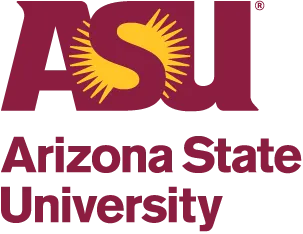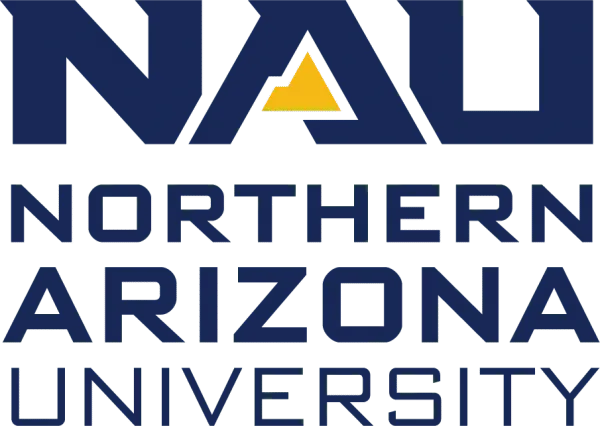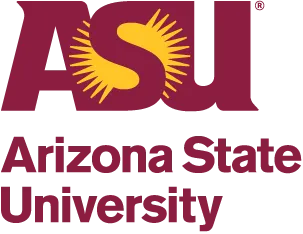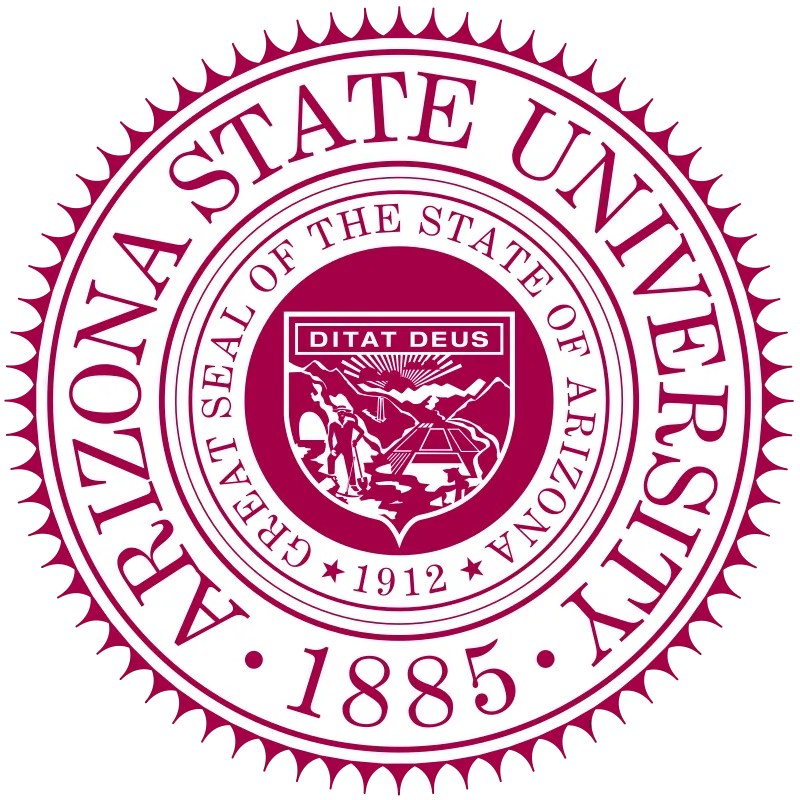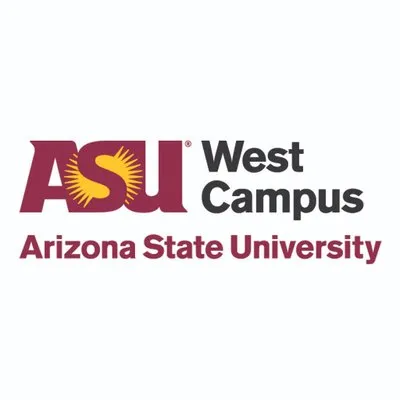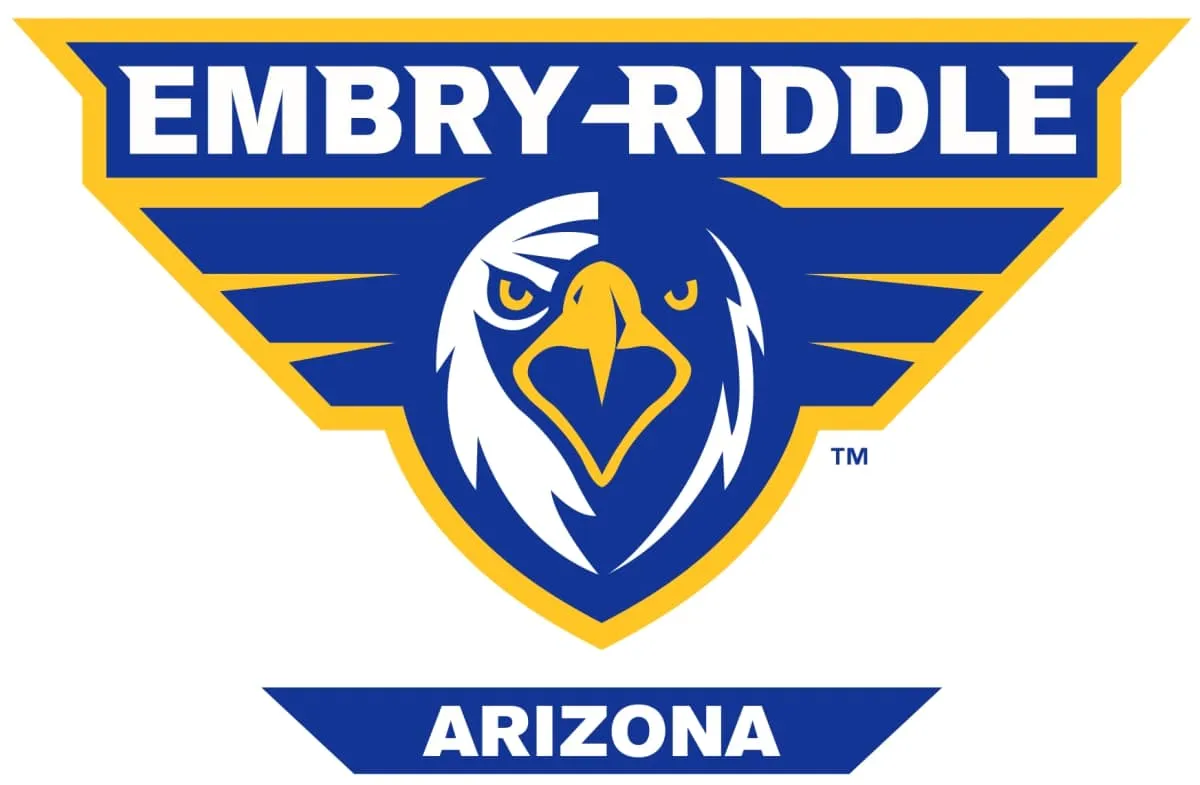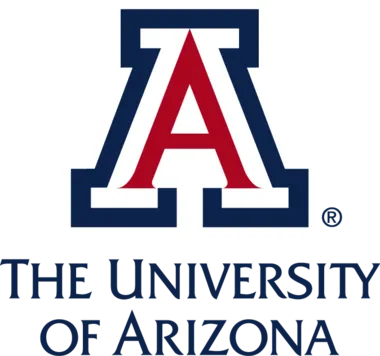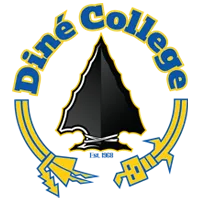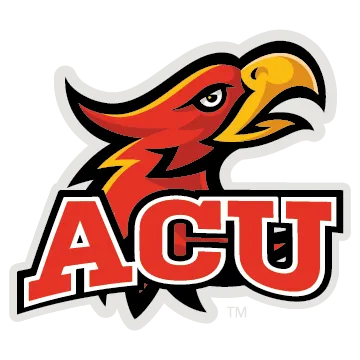Best Colleges in Arizona
Get equipped with the resources that will help you easily navigate your learning journey. Discover schools that match your goals and aspirations.
Best Accredited Colleges
Frequently Asked Questions
1. What are the best colleges in Arizona?
Some of the best colleges in Arizona include Arizona State University, University of Arizona, Northern Arizona University, and Grand Canyon University.
2. How do I apply to colleges in Arizona?
To apply to colleges in Arizona, you typically need to complete an online application, submit your high school transcripts, provide standardized test scores (such as SAT or ACT), write an essay, and pay an application fee.
3. What majors are offered at Arizona colleges?
Arizona colleges offer a wide range of majors, including but not limited to business, engineering, computer science, nursing, education, psychology, biology, and communications.
4. What is the cost of tuition at Arizona colleges?
Tuition costs vary depending on the college and program of study. On average, in-state tuition at Arizona public colleges is around $10,000 per year, while out-of-state tuition can range from $25,000 to $40,000 per year. Private colleges tend to have higher tuition rates.
5. Are there scholarships available for Arizona colleges?
Yes, there are various scholarships available for students attending colleges in Arizona. These scholarships can be merit-based, need-based, or specific to certain fields of study. It is recommended to research and apply for scholarships early in the college application process.
6. What is the student-to-faculty ratio at Arizona colleges?
The student-to-faculty ratio varies among colleges in Arizona. However, many colleges strive to maintain a low student-to-faculty ratio to ensure personalized attention and a quality learning experience. On average, the ratio can range from 15:1 to 20:1.
7. Are there on-campus housing options at Arizona colleges?
Yes, most colleges in Arizona offer on-campus housing options for students. These can include dormitories, apartments, or residential halls. Living on campus provides students with a convenient and immersive college experience.
8. What extracurricular activities are available at Arizona colleges?
Arizona colleges offer a wide range of extracurricular activities, including sports teams, clubs, student organizations, volunteer opportunities, and cultural events. Students can engage in activities that align with their interests and passions.
9. Can international students attend colleges in Arizona?
Yes, international students can attend colleges in Arizona. However, they may need to fulfill additional requirements, such as obtaining a student visa and demonstrating English language proficiency through tests like TOEFL or IELTS.
10. What support services are available for students at Arizona colleges?
Arizona colleges provide various support services to help students succeed academically and personally. These services may include academic advising, tutoring centers, career counseling, health services, counseling centers, and disability support services.

